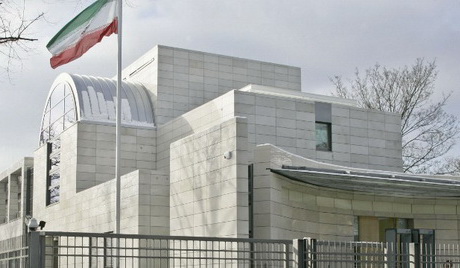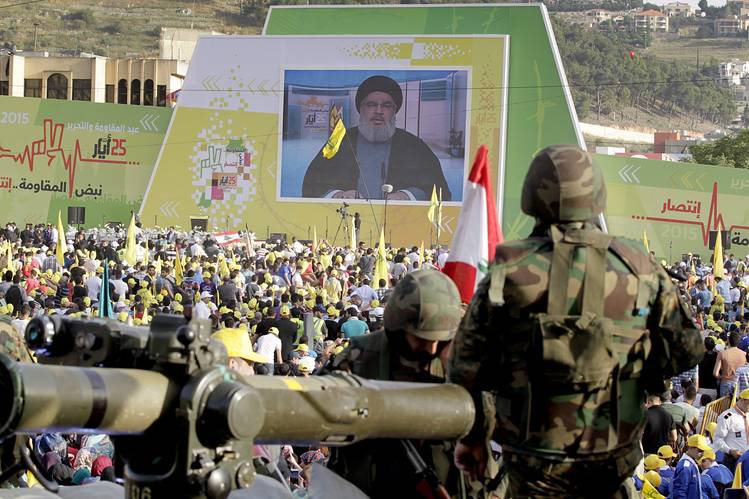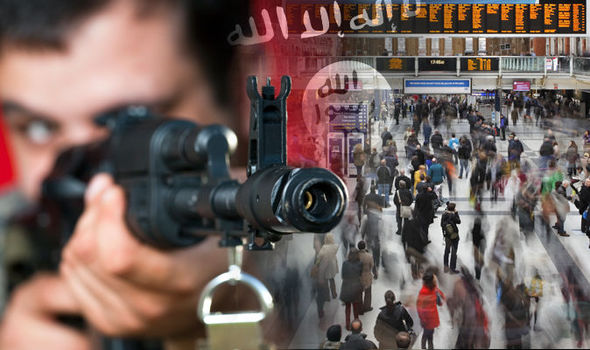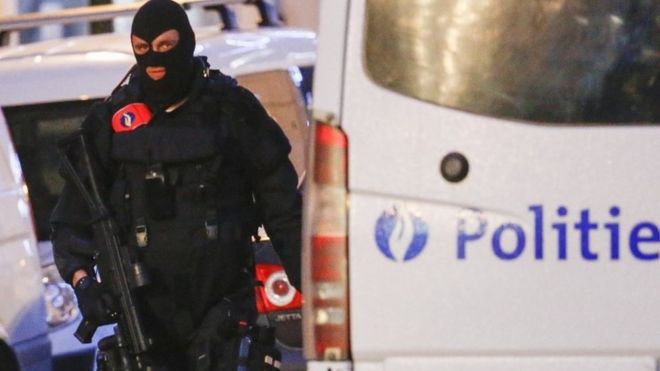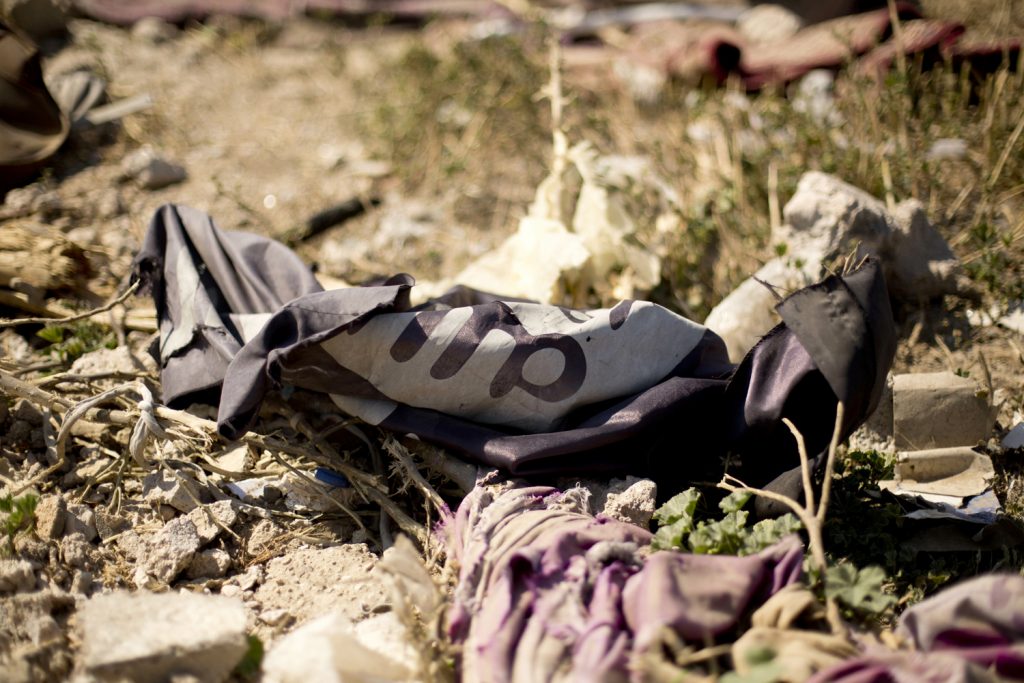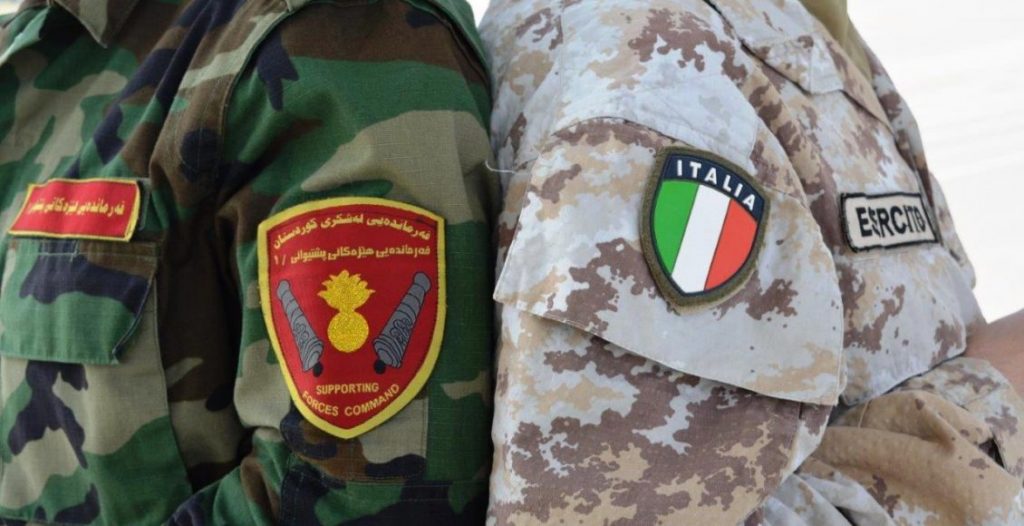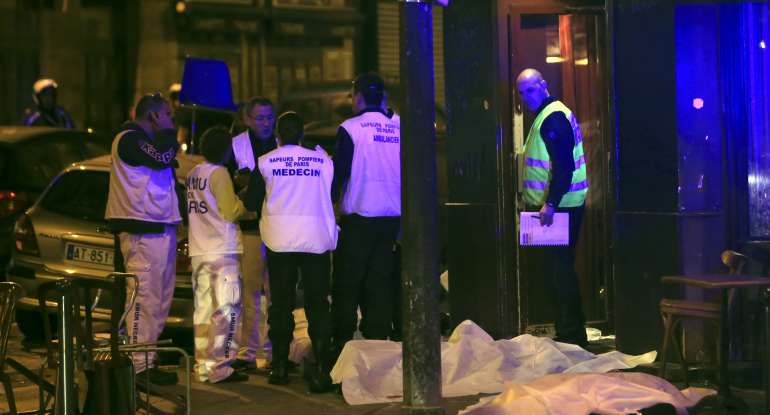
The French state had been ordered by an administrative court in Versailles to pay 500 euros to Salah Abdeslam, the only surviving member of the ISIS group that carried out a series of coordinated terror attacks where 131 civilians died in and around Paris on November 13, 2015, like reported by pjmedia.com.
Although the court order against the French state took place in March 2017, it is becoming publicized now in France and across the world because Le Figaro, a French daily newspaper, discovered this news yesterday in a new book about Abdeslam’s lawyer titled The Diary of Frank Berton.
Abdeslam is suspected of having driven thousands of miles across Europe “to buy gear, rent cars, book rooms, scout locations, and move people into place” for the November 13 terrorist attacks.
In a letter believed to have been written by Abdeslam, he also planned to join the other terrorists by conducting a suicide bombing, but failed to detonate his vest.
Given that the Paris attack trial is not expected before 2020 and that he remains silent before investigative judges, the exact role of Abdeslam has been difficult to verify.
Nevertheless, he rented the suburban Paris rooms that would be the departure points for attack teams. Under his name, he also rented a black Volkswagen that appeared next to the Bataclan concert hall where 90 civilians were killed.
Leading up to the Paris attack, he had regular contact with other attackers as well, such as Abdelhamid Abaaoud and Brahim Abdeslam, his own brother.
Abdeslam has also been convicted of shooting at and wounding Belgian and French police officers who attempted to search for him in southern Brussels during a manhunt in March 2016. He is currently in prison with a 20-year term due to this conviction.
After Salah Abdeslam was arrested in Brussels in March 2016, then-French Minister of Justice Jean-Jacques Urvoas decided to monitor Abdeslam with video surveillance for 24 hours per day, believing that his escape or suicide “could have a significant impact on the public order.”
The administrative court in Versailles ruled that this surveillance had only been justified from July 20, 2016, after it was approved by the National Assembly, the lower house of the French legislature.
According to BFMTV, a French news channel, the court ruled that there was “a legal vacuum” with respect to privacy laws for the period before July 20, 2016, and subsequently ordered the French state to pay the “symbolic sum” to the prisoner as compensation.



